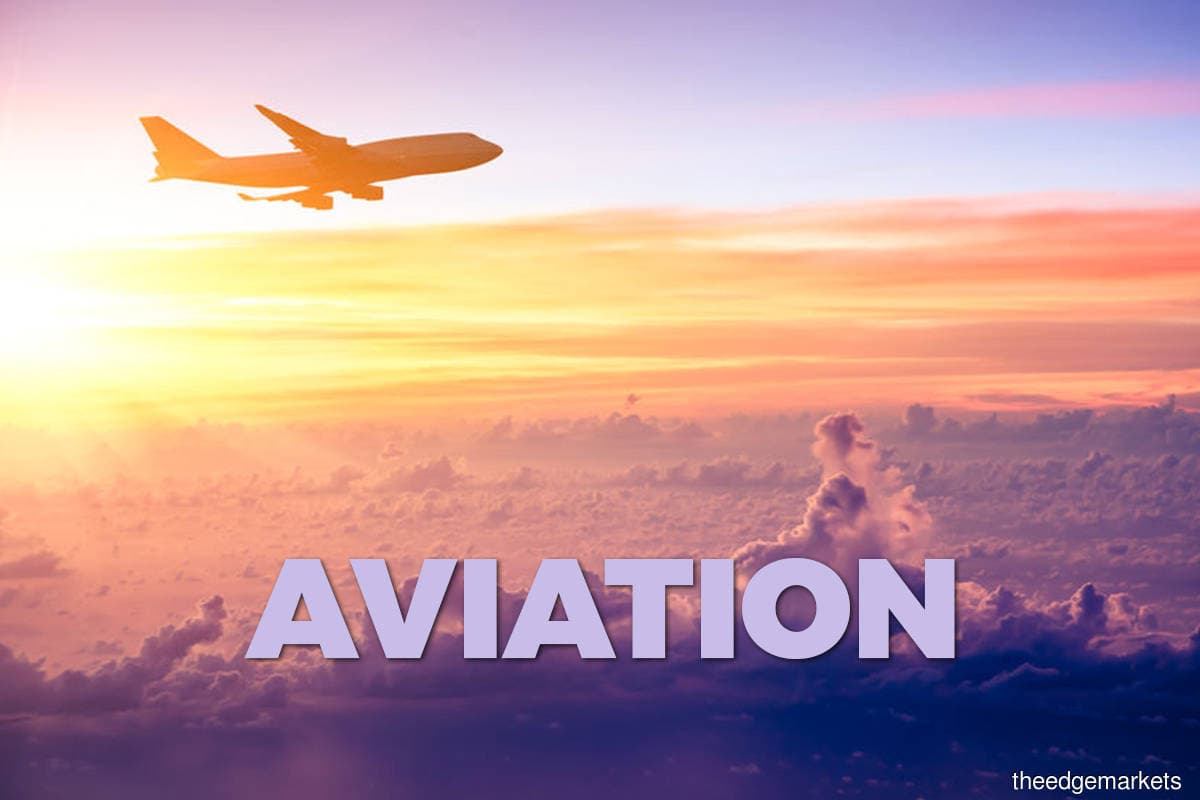
KUALA LUMPUR (June 27): The average fuel efficiency of the global aircraft fleet will continue to improve this decade primarily with existing technologies.
BloombergNEF (BNEF) — a strategic research provider covering global commodity markets and disruptive technologies — in a statement last Friday (June 24) said that in the long term, however, disruptive technologies will be needed if airlines are to meet their net-zero emissions targets between 2040 and 2050.
The firm said that improving an aircraft's fuel efficiency is one of the cornerstones behind the aviation industry's efforts to reduce emissions of carbon dioxide.
It said with many of the world's biggest airlines now renewing their fleets with more efficient craft, gains are likely to be seen.
For the industry to truly achieve its ambitious emissions goals, however, more innovations will be needed.
Disruptive technologies
BNEF said conventional tube-and-wing aircraft present fewer opportunities for big jumps in improved fuel efficiency.
Secondly, it said those gains alone aren't enough to achieve the sector's net-zero emissions targets.
Indeed, boosted by rising global demand for air travel, the increase in total CO2 emissions from the aviation sector from 2019 onwards is likely to surpass any amount of emissions reduction achieved through the introduction of more fuel-efficient aircraft.
Fuel economy
BNEF said the aviation sector's fuel efficiency is measured by the amount of jet fuel burned per passenger or seat.
According to the firm, with fuel accounting for 30% of an airline's operating costs, fuel efficiency has a direct bearing on profitability.
It said the global average fuel economy improved at over 2% annually from 1990 to 2019.
Once air travel demand recovers from the impact of the Covid-19 pandemic, it will continue to improve primarily based on existing technologies.
BNEF said the Airbus A320neo and the Boeing B787 series use novel engines that burn less fuel, like Pratt & Whitney's geared turbofan, wingtip devices to reduce drag, and a higher share of carbon-fibre reinforced plastics to reduce weight.
Boeing’s B777X, a new variant with long retractable wings to generate more lift, is scheduled to begin operating in 2024.
Airlines such as Emirates Airline, Qatar Airways and Singapore Airlines have ordered a total of 334 of the B777X. In general, new-generation aircraft can consume 15% to 20% less fuel per seat than their predecessors.
BNEF said technology is not the only driver of fuel economy improvements. Ageing planes, reaching a typical 20-25 year lifetime, and pressure to reduce CO2 emissions are driving fleet renewals.
BNEF's Aircraft Technology Outlook: Fuel Efficiency report found that nearly 14,000 narrowbody and widebody aircraft are set to be delivered from 2022 onwards, at least 34% of which are likely to be delivered by 2025.
It said the total aircraft fleet that is active, under maintenance or repair stood at about 21,400 as of May 19, 2022, according to data sourced from ch-aviation.